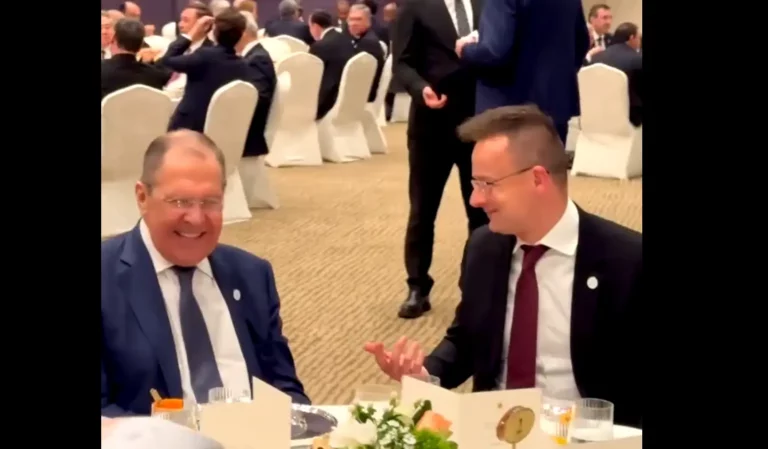Russia
VIDEO: Red-star Soviet tanks appear in the heart of Budapest

PM Orbán wants Hungary to be non-participant in the NATO: will Budapest be expelled?

Hungarian minister shared what the Russians stole from foreign ministry with their cyberattack

Russians and Chinese treat Hungary’s property market as an investment platform

Hungary’s government rejects pressure on energy policy

Will the Hungarian foreign minister resign due to the Russian cyber attacks?

Is PM Orbán’s son helping the Russian military intelligence?

BREAKING: Hungarian foreign ministry was aware of Russian cyber attacks, insider documents prove

Szijjártó at Belgrade Energy Forum: Energy policy ‘must be freed from ideological debates, hypocrisy’

Czech President Petr Pavel: Too many interests prevent Orbán from confronting Putin

Surprising: Fidesz politician shares strongest criticism of Russia so far

Hungarian government: Supporting Ukrainian minority in Hungary more important than ever before

They cannot get bored: 9 June elections decide about war or peace

Orbán’s minister: Hungary needs Russian oil, gas

Chinese could emerge around Paks II construction in Hungary

Guest workers: new law may simplify Chinese and Russian immigration to Hungary

BREAKING: Russian gas giant Gazprom may be the main sponsor of Hungarian elite soccer club

Expert: Aggressive Russian provocations on the Hungarian border are probable if Russia wins





 ZH
ZH IT
IT DE
DE HR
HR NL
NL FR
FR JA
JA RO
RO RU
RU ES
ES TR
TR
